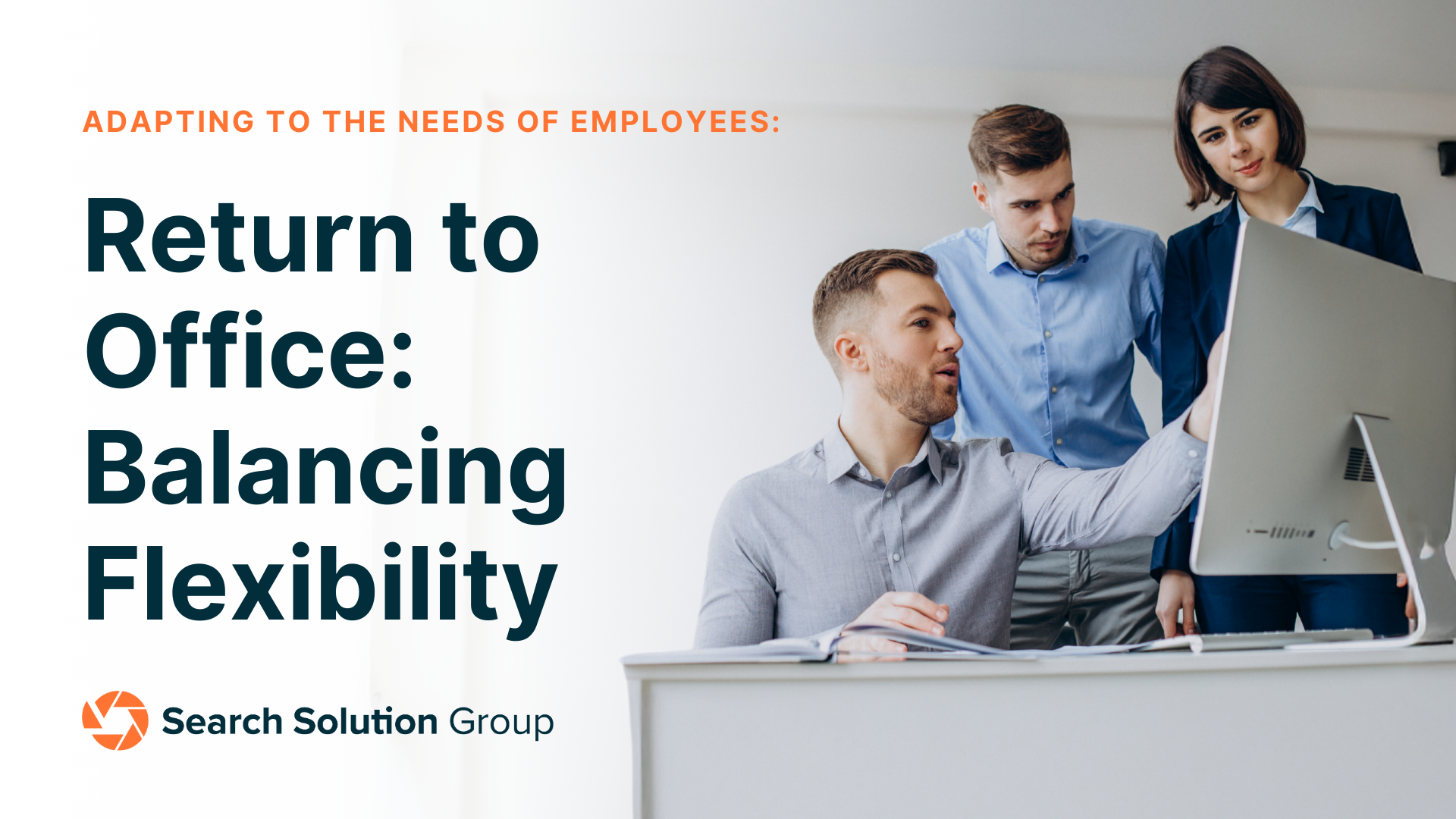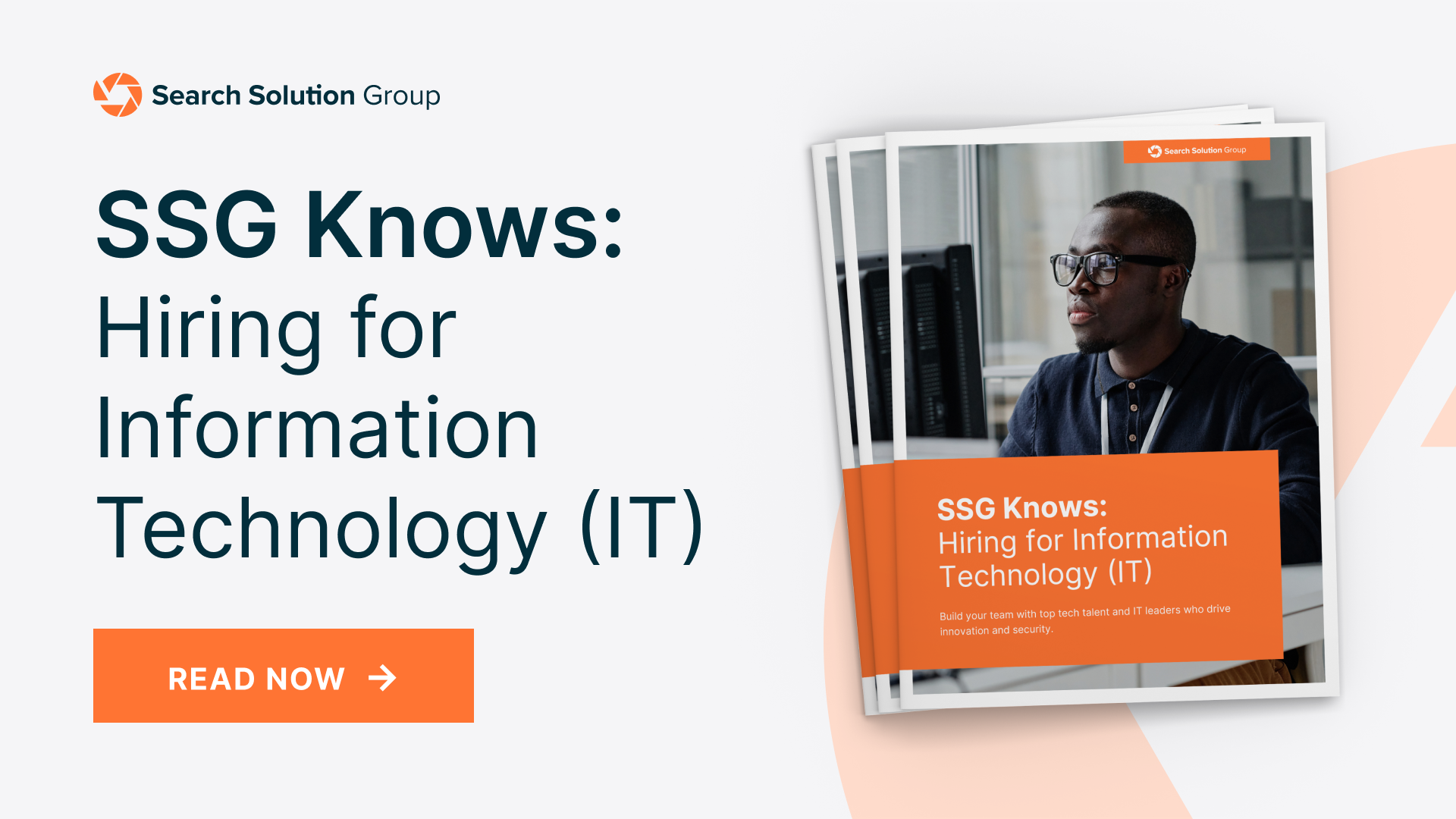The demand for AI talent is skyrocketing, but for many companies, hiring for these cutting-edge roles can feel quite challenging. Businesses encounter significant hurdles, including a limited pool of qualified candidates, heightened competition for top talent, and the rapid evolution of AI technologies. Many companies lack the in-house expertise to accurately define AI-specific role requirements, making it even harder to secure the right talent.
So, how can your business rise above these challenges and build an AI dream team? Strategic recruitment is the key to navigating these obstacles and finding professionals who will contribute effectively to your organization.
Key AI Roles to Hire For
- Machine Learning Engineer: Applies machine learning techniques and algorithms to develop and deploy predictive models and systems.
- Computer Vision Engineer: Focuses on creating systems that allow machines to interpret and process visual data, such as videos and images.
- Robotics Engineer: Creates applications or autonomous machines (aka robots) for industries such as mining, manufacturing, automotive, services, and more.
- Deep Learning Specialist: Focuses on building and optimizing neural networks to tackle advanced AI tasks like speech recognition and visual data processing.
- Natural Language Processing: Designs AI systems that can understand, interpret, and generate human language, facilitating applications like chatbots and voice assistants.
- AI Research Engineer: Conducts research to develop new AI methodologies, tools, and technologies for future applications.
- Data Scientist: Analyzes and interprets complex datasets to derive insights, often building predictive models using AI and statistical methods.
- Generative AI Engineer: Specializes in developing and applying generative AI models. These models create new content like text, images, audio, or code.
- AI Product Manager: Oversees the development and deployment of AI-powered products, aligning technical teams with business objectives.
- Cloud AI Engineer: Designs, deploys, and manages AI systems on cloud platforms to guarantee scalability, efficiency, and integration with other systems.
The Challenges of Hiring for AI Roles
Skill Scarcity
The scarcity of professionals with AI expertise creates competition among companies competing for top talent. This shortage is fueled by the rapid expansion of AI applications across industries, from healthcare to retail, increasing the demand for skilled individuals. Companies have to start attracting professionals who are not actively seeking new opportunities.
Rapid Evolution of AI
AI technology is advancing at an unprecedented pace, creating further hurdles for businesses trying to hire and retain top talent. Emerging fields, such as generative AI, computer vision, and natural language processing, require professionals who can adapt to these new tools. Organizations must not only recruit for their current needs but also ensure their teams have the adaptability to tackle future advancements in AI.
Lack of In-House Expertise
Many businesses find it challenging to identify the right AI talent, especially when they lack the in-house expertise to assess candidates effectively. Many companies rely on specialized recruiters to help simplify the hiring process and connect them with suitable candidates. Without a clear strategy, searching for the right professionals can become costly, resulting in missed opportunities and prolonged job vacancies.
Structuring Your AI Team
Define Your AI Goals
Identify how AI will support your company’s objectives—whether in automation, customer insights, or predictive analytics.
Choose a Team Model:
- Centralized Model:
- How It Works: A single AI team serves the entire company, working on multiple projects across departments.
- Pros:
- Stronger standardization and consistency across AI projects.
- Collaboration within the AI team.
- Better governance and security control
- Cons:
- May struggle to address department-specific needs quickly.
- Can create bottlenecks if the AI team is overloaded with requests.
- Decentralized Model:
- How It Works: AI specialists are embedded within different business units, working directly with teams on specific use cases.
- Pros:
- Faster implementation and adaptation to departmental needs.
- Encourages domain expertise within each business function.
- Cons:
- Risk of inconsistency in AI approaches across teams.
- Limited collaboration between AI experts, leading to duplicated efforts.
- Hybrid Model:
- How It Works: A core AI team guides while AI specialists are placed within various business units.
- Pros:
- Balances consistency and flexibility, allowing innovation while maintaining governance.
- Encourages collaboration while addressing department-specific needs.
- Cons:
- Requires careful coordination to avoid misalignment.
- Potentially higher resource requirements due to the mix of centralized and decentralized structures.
Cross-Functional Collaboration
AI teams should work closely with software developers, data analysts, and business leaders for successful integration.
What to Look for in AI Candidates
Technical Skills
- Programming Languages: Proficiency in Python (machine learning, data science, NLP), Java (enterprise AI systems), C++ (high-performance AI applications), R (statistical modeling), and Scala (big data processing).
- Machine Learning Frameworks & Tools: Experience with TensorFlow, PyTorch, Scikit-learn, Keras, Hugging Face, and cloud-based AI tools like AWS SageMaker, Google AI Platform, and Azure Machine Learning.
- AI/ML Algorithms: Strong knowledge of deep learning, reinforcement learning, decision trees, support vector machines, and generative AI models.
- Big Data & Analytics: Familiarity with Hadoop, Spark, SQL, and NoSQL databases for handling large-scale AI data processing.
- Computer Vision & NLP: Experience with tools like OpenCV, SpaCy, and NLTK for AI applications in image recognition, text analysis, and speech processing.
- AI Model Deployment & Optimization: Proficiency in MLOps, model compression, edge AI deployment, and GPU acceleration.
Problem-Solving & Analytical Abilities
- Critical Thinking: Ability to analyze complex challenges and develop AI-driven solutions that deliver value.
- Creativity & Innovation: A mindset for developing new AI models, optimizing algorithms, and applying AI in novel ways.
- Data-Driven Decision-Making: Strong statistical analysis skills, A/B testing experience, and the ability to evaluate AI model performance.
- Debugging & Troubleshooting: The ability to optimize machine learning models and resolve performance issues efficiently.
Soft Skills & Business Acumen
- Communication & Storytelling: The ability to explain complex AI concepts to non-technical stakeholders and present insights effectively.
- Collaboration & Teamwork: Experience working with engineering, product, and business teams to align AI initiatives with business goals.
- Project Management: Ability to oversee projects from research and development to deployment, ensuring efficiency and scalability.
- Adaptability & Continuous Learning: AI is evolving rapidly, so top candidates should actively stay ahead of new frameworks, emerging AI ethics standards, and the latest research.
Strategies for Hiring AI Talent
Hiring AI talent requires a strategic approach to navigate challenges like skill scarcity and intense competition. Here are some key strategies to consider:
- Partner with Specialized Recruiters: If your company lacks in-house AI expertise, partnering with a specialized recruitment firm can be invaluable. These firms have the knowledge and networks to identify candidates who not only possess the required technical skills but also resonate with your company culture. This approach ultimately saves time and resources in the hiring process.
- Offer Competitive Compensation and Benefits: Attracting top AI talent requires offering competitive salaries and benefits packages. Go beyond just compensation and highlight perks like opportunities for career growth, access to cutting-edge projects, and an encouraging environment.
- Invest in Upskilling and Training: Consider developing in-house training programs to upskill existing employees with strong foundational skills. This can broaden your talent pool and foster employee loyalty. It also demonstrates a commitment to employee growth, which can be attractive to potential candidates.
- Expand Your Search: Don’t limit your search to a specific geographic location. Embrace remote work options and consider hiring globally to access a wider pool of talent and expertise.
- Build a Strong Employer Brand: Showcase your company’s commitment to AI and innovation. Highlight your AI initiatives, projects, and successes to attract talent interested in working at the forefront of the field.
Future of AI Jobs: What Businesses Should Prepare For
Lifelong Learning
The rapid pace of AI advancements requires a commitment to continuous learning. Businesses and individuals must invest in continuous education and skills development to remain relevant in this ever-changing field. This includes staying updated on new technologies, tools, and best practices.
Agile Hiring Strategies
To stay ahead, businesses should adopt flexible hiring approaches, including partnerships with universities, hiring from non-traditional backgrounds, and prioritizing skills over job titles.
Your Partner in IT Success
As an IT recruitment firm, Search Solution Group navigates the unique challenges of hiring for AI roles, such as skill scarcity and intense competition—these challenges also present opportunities to attract top talent and foster innovation. By understanding the AI hiring landscape and adopting proactive strategies, companies can position themselves for success without slowing down their progress. Our expert recruiters connect businesses with highly skilled professionals across various industries, helping you build a successful AI team.
Ready to build your AI dream team? Partner with Search Solution Group, the IT recruitment firm that delivers top talent—fast!





